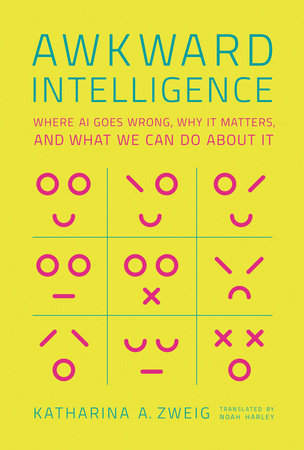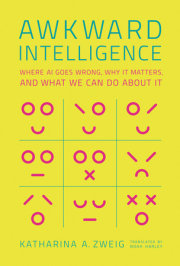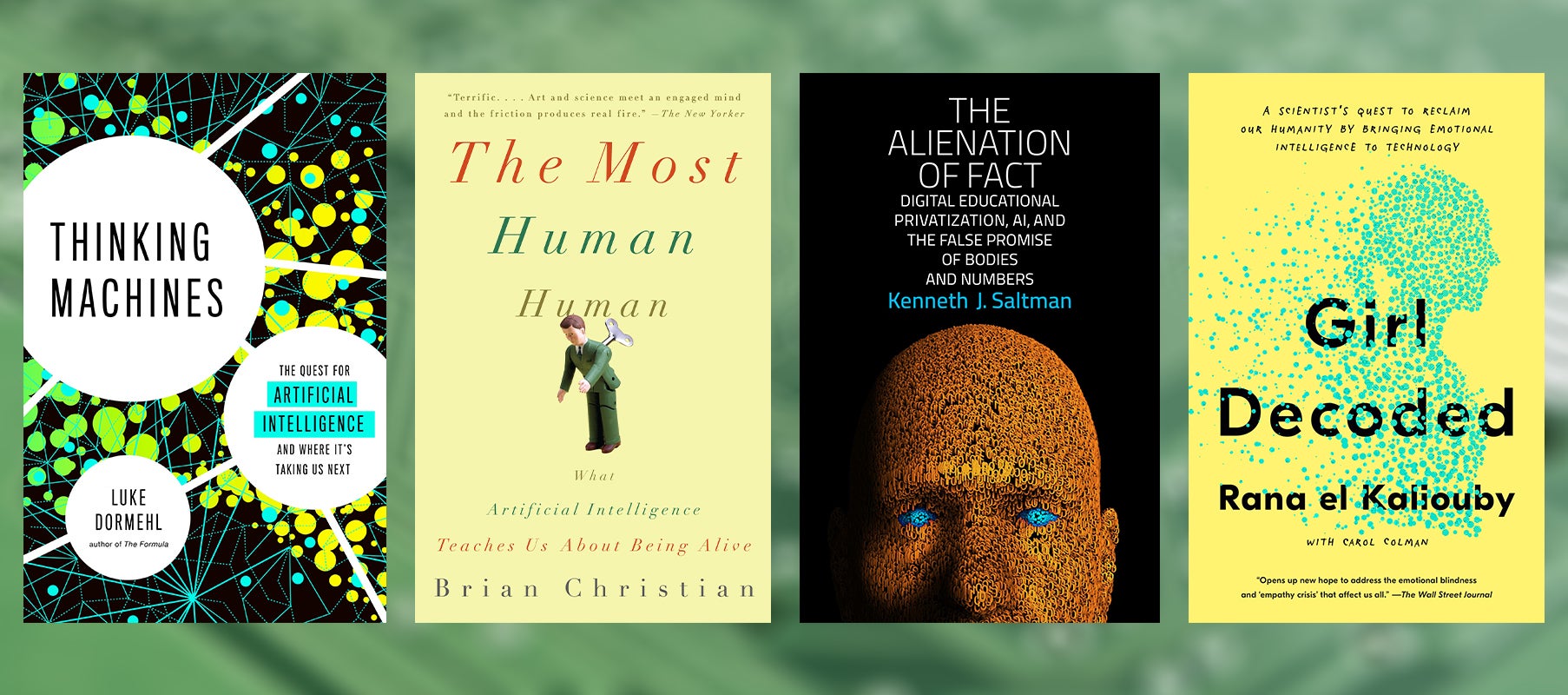Books that Can Help Students Learn About Artificial Intelligence
Artificial Intelligence is being used as a tool in colleges and universities for automating tasks, from teaching assistance to Chatbots to detecting plagiarism, and beyond. As educational institutions become more reliant on AI, we are looking to the future and providing resources on this topic for educators who want to inform their students on the



